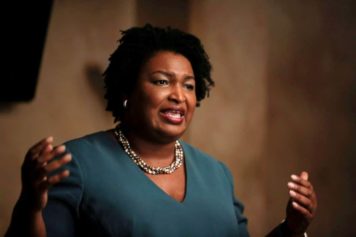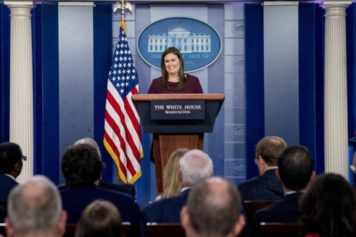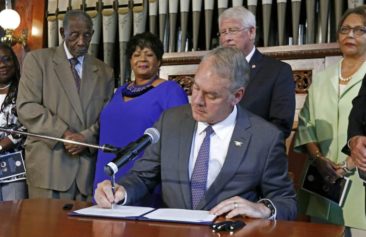A new Issue Brief from the Afterschool Alliance highlights data demonstrating that after-school and summer learning programs are excellent vehicles for helping to address elevated rates of unemployment, poverty, homelessness and food insecurity in African-American and Latino communities.
However, data in the Issue Brief also report that unmet demand for such programs is both high and persistent.
“The Importance of Afterschool and Summer Learning Programs in African-American and Latino Communities” focuses on the ways afterschool and summer learning programs are providing essential services—such as a safe and supervised environment, academically enriching activities, healthy snacks and meals, and caring and supportive mentors—to children and families most in need of support.
The Issue Brief also spotlights research on the success in this area of programs in Los Angeles, Chicago, Washington, D.C., Boston and New York.
A large body of research shows that after-school and summer learning programs produce positive results, in part because they offer hands-on, engaged learning opportunities that complement, rather than reproduce what is already offered during the school day.
According to the new Issue Brief, after-school and summer learning programs bring much needed services to African-American and Latino communities by:
- Ensuring children have access to academically enriching activities, helping close the opportunity gap between higher-income and lower-income families.
- Tackling the achievement gap between white students and African-American and Latino students by increasing attendance, homework completion and engagement in school, and ultimately raising graduation rates and test scores.
- Combating food insecurity among children by providing nutritious snacks and meals, which are especially important during the summer months when schools are out of session.
- Providing working parents with the peace of mind that comes from knowing that their child is in a safe and supervised space during the out-of-school hours.
The Issue Brief draws on a number of survey and research reports, including the Afterschool Alliance’s “America After 3PM Survey,” which found that African-American and Latino children are much more likely to be enrolled in after-school programs compared to their white peers.
Approximately 2.1 million, or 24 percent, of African-American children and close to 2.4 million, or 21 percent, of Latino children are enrolled in after-school program. However, the unmet demand for afterschool and summer learning opportunities from African-American and Latino parents is considerable
. The parents of more than 3 in 4 African-American youth and 7 in 10 Latino youth would likely enroll their children in a summer learning program, if one were available to them.
“After-school and summer learning programs play a vital role in supporting youth and families in underserved and struggling communities,” said Afterschool Alliance Executive Director Jodi Grant. “But the unmet demand for after-school and summer programs in minority communities is a huge barrier to progress. We need to expand funding so that all children can have access to the high-quality afterschool and summer learning programs that keep kids safe, inspire students to learn, and help working families.”
Source: Afterschool Alliance


